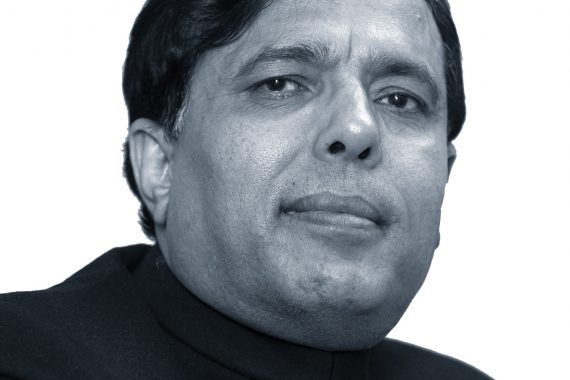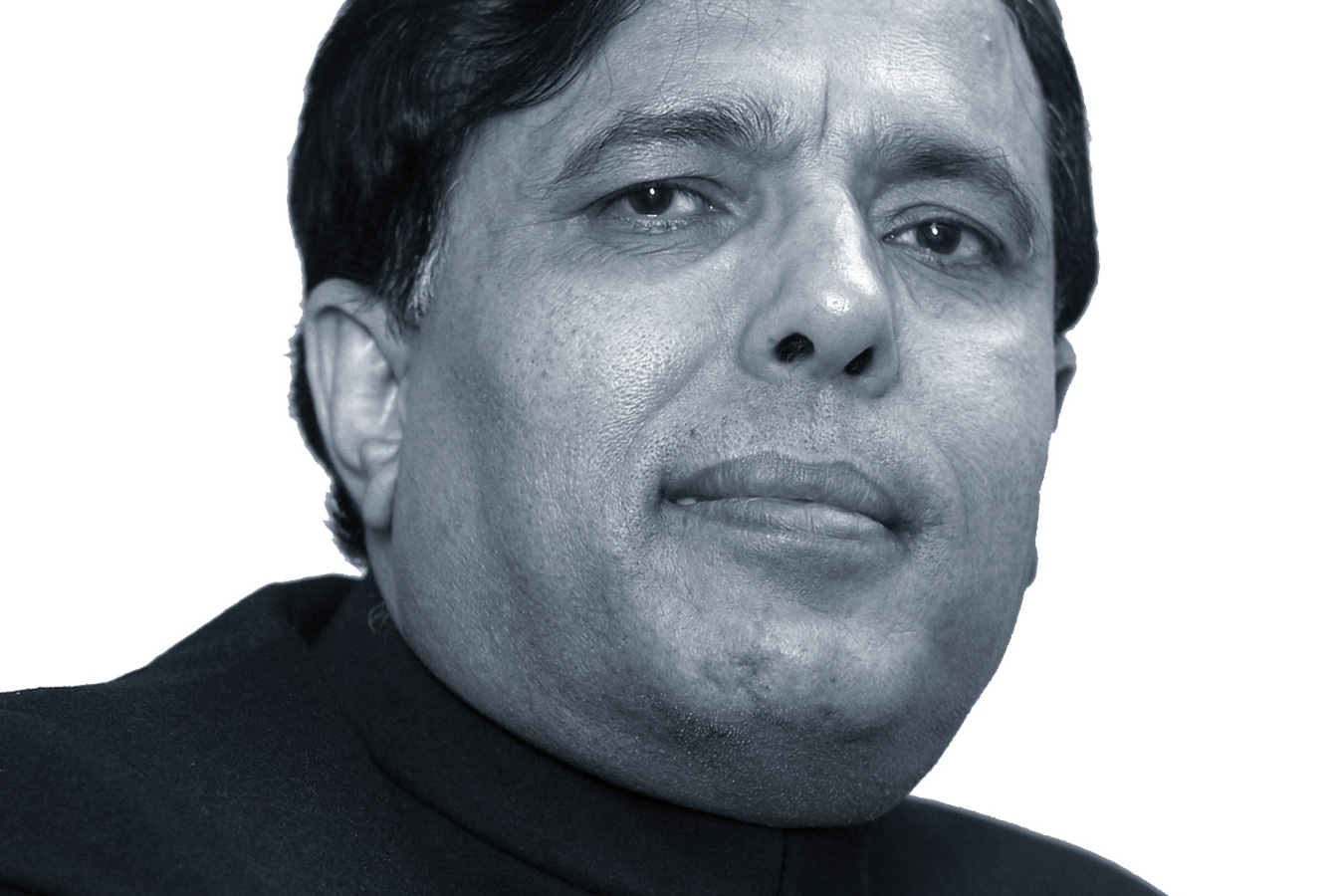The crisis in general practice is unprecedented


It’s a big day for general practice – in the press. But for GPs, it’s simply a snapshot of the many problems that are enveloped tightly within our profession.
Which headline are you going to read first? If you work in general practice, you don’t need to be picky – we live and breathe the realities behind the words. Day in, day out. No-one’s under the illusion that any form of medicine has ever been easy – but today’s coverage reiterates just how much the issues are escalating.
Pulse’s exclusive reveals that over half of GPs say they’re working beyond safe levels, generally dealing with a third more patients than they believe they should be. The public’s safety is, of course, every healthcare practitioner’s priority, but this could seriously damage it.
In a survey of 1,681 UK GPs, the safe limit of patients to see in a day was decided as 30, but in actuality it’s more like 41. And one in ten deal with 60 or more patients in a day – which is typically 11 hours long, comprising of eight hours of clinical work and three of admin.
The intensity of workload pressures is similarly high, with 29% deeming their patient contacts ‘very complex’ and 37% ‘fairly complex’.
This may be the first study of its kind, but I doubt GPs will be particularly surprised by the findings. And in a similar vein, the BBC are focusing on figures compiled by the Nuffield Trust that show that the NHS is seeing the first sustained fall in GP numbers for nearly 50 years. Strikingly, the number of GPs per 100,000 people dropped from 64.9 in 2014 to 60 last year.
Numbers haven’t declined like this since the late 1960s. Despite a government commitment in 2015 to create 5,000 additional general practitioner posts by 2020, recent figures suggest a further deficit of over 1,000 full-time equivalent GPs. The crisis in general practice is unprecedented, with GPs increasingly leaving the profession due to feeling ’undervalued’. The NHS is haemorrhaging more general practitioners than are entering it.
You probably need no reminder as to why this is – but as this news shines a spotlight on, factors include intensity of workload; administrative burden; lack of recognition of the value of general practice; and the fear of litigation. A combined financial and staffing crisis could cause chaos in primary care for years and ultimately kill off general practice for good. Add to this discriminatory and confusing pension regulation that punishes GPs who take on more work, and it’s a recipe for disaster. GPs are in their role because they want to help people – but in these instances, it’s we who need help ourselves.
Unless GP shortages are substantially reduced, the NHS Long Term Plan can only be a wish list
Across the board, GPs are underpaid and overworked, and this subsequent demoralisation explains why the NHS is losing good people. They haven’t had a pay rise in seven years – even 1% uplift this year – a real-terms pay cut. The entire crop of GPs is undervalued, with consistently more work and expectations placed on them. The overall amount of GP consultations has increased by 15% over the past five years – three times the rate of increase in the number of GPs. The unprecedented pressure on primary care is undermining GPs’ resilience. If morale collapses, it will hammer retention. The workforce crisis consuming primary care could soon eclipse funding as the most serious problem.
We’ve known for several years that the NHS is short of GPs and nurses. Current figures suggest 10,000 extra nurses and almost 3,500 GPs are needed to meet the existing demands. On current trends, this will rise to nearly 30,000 nurses and over 7,000 GPs within five years. Unless GP shortages are substantially reduced, the NHS Long Term Plan can only be a wish list.
In my view, the new GP contract with fresh restructuring of primary care, like Andrew Lansley’s reforms, is not a panacea and will end in tears. Primary Care Networks (PCNs) will mean the end of GP autonomy and the partnership model. PCNs too, like its predecessors, PCTs and CCGs, are set up to fail by taking on too many tasks too quickly without trained staff. Overinflated expectations, as well as time-limited funding and support, would leave general practice in a worse position.
General practice is facing a ‘triple challenge’ of increasing demand, growing workforce shortages and pressure on finances, and I fear it may never recover from this crisis.
Dr Kailash Chand OBE is a retired GP in Tameside
Pulse July survey
Take our July 2025 survey to potentially win £1.000 worth of tokens











